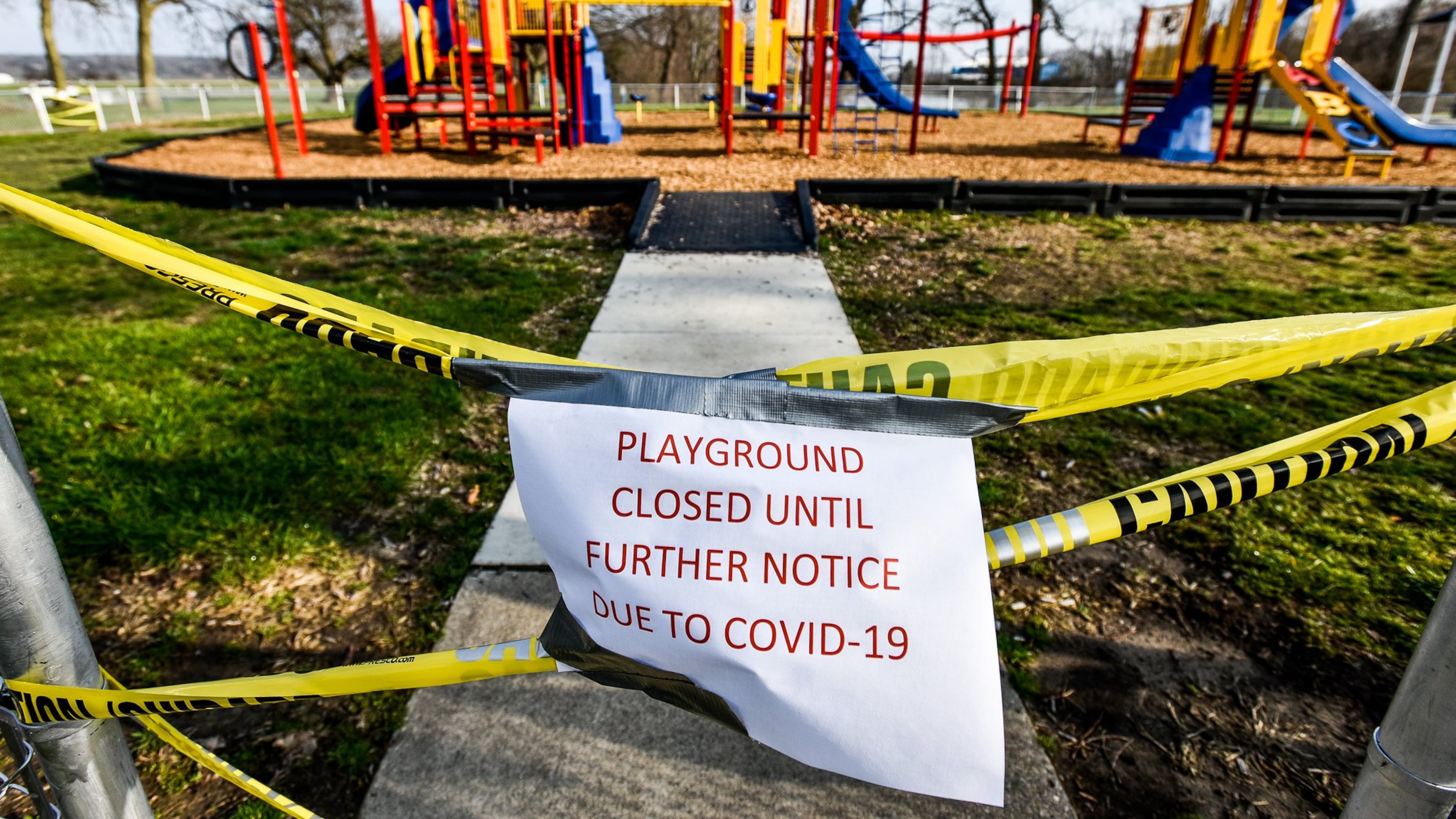Have we overlooked how pandemic lockdowns affected babies and toddlers?

In focusing on the COVID-19 pandemic’s damage to school-age children, did we overlook the disruptions and setbacks experienced by kids who were babies during the shutdowns? Did the isolation of lockdowns hamper the social, emotional and cognitive development of younger children, who are now showing up in kindergartens and pre-K classrooms with lagging skills?
The New York Times last week published a lengthy piece on these questions, fueled by the observations of pre-K teachers and some researchers that 4- and 5-year-olds don’t know how to play, lack social skills, can’t identify shapes and letters or manage their emotions.
Children unprepared for kindergarten will require extra time and attention to build the skills needed to be successful in school. We now have a chain reaction underway where elementary schools lament the lack of basic skills in young children, middle schools complain about the inability of kids to pay attention, high schools report students are riveted to their phones and resistant to tackling challenges, and colleges contend their students struggle with isolation, anxiety and lack of focus.
The story states:
A variety of scientific evidence has also found that the pandemic seems to have affected some young children's early development. Boys were more affected than girls, studies have found.
“I definitely think children born then have had developmental challenges compared to prior years," said Dr. Jaime Peterson, a pediatrician at Oregon Health and Science University, whose research is on kindergarten readiness. “We asked them to wear masks, not see adults, not play with kids. We really severed those interactions, and you don't get that time back for kids."
Data from schools underscores what early childhood professionals have noticed.
Children who just finished second grade, who were as young as 3 or 4 when the pandemic began, remain behind children the same age prepandemic, particularly in math, according to the new Curriculum Associates data. Of particular concern, the students who are the furthest behind are making the least progress catching up.
The story is interesting and sparked a vigorous debate among the hundreds of comments, most of which address three themes. The first: If young children are arriving in pre-K not toilet trained, as some teachers told the Times, or unable to hold a pencil, parents failed at their job.
A commenter said: “Is COVID-19 another better excuse for parents who don’t engage with their children? A big statement I know but I heard a lot of excuses and the bottom line is that you signed on to be a parent. If a child isn’t even having a conversation at a meal with you because they are staring at a screen, that’s on you. Parents need to engage and try to solve problems instead of making excuses.”
A Pennsylvania reader offered: “There were lots of factors to consider, but not having trained an otherwise healthy 5-year-old to use the toilet is a massive parenting issue. It is an abdication of responsibility and refusal to assert any parental authority. It is an astounding weakness in our culture — the adults aren’t leading.”
The second point that many readers felt is significant: Many parents working at home resorted to screens to occupy their toddlers. These youngest students are arriving at school with many more hours of video watching than their older sisters and brothers.
A commenter noted: “As the parent of youngish children (ages 7, 9 and 11), it’s not the pandemic. It’s parents and children’s obsessions with screens. I see very young children every day in supermarkets, at parks, pushed in strollers on iPhones. I know a person who allows their child to stay home from school due to anxiety and what does the kid do all day? Play on the iPad. Enough with screens.”
A New York teacher said: “I’m a high school teacher and it’s the screens. Even some parents in meetings about their child failing multiple classes are distracted by their smartphone screen. For little kids it’s also the screens. I go to a restaurant, three young kids and mom and dad are all on screens. We fight hard to keep our toddler off screens all the time. But she sees them everywhere and always wants to be on one. We have yet to relent but it’s hard and heartbreaking to see humanity so lost with this technology.”
But others wondered if children’s brains were affected.
A reader said: “I’m sure there are many causes for this — isolation, screen time, etc. But why no mention of what has been substantially demonstrated, the effect of repeated (or even one) COVID-19 infections on the brain? All you have to do is Google this and there are multiple articles from the National Institutes of Health, Harvard, Nature, etc. Are we really supposed to believe this has had no effect on children? Why are we ignoring what is so obviously a major health issue? And the result will be — in the next pandemic — kids being sent to school and perhaps dying.”
Another said: “Good article but not a word about the effects of COVID infections on brain development and health. How many of those children had COVID? Did they have repeated infections? Are some of the symptoms mentioned here due to Long COVID?”



